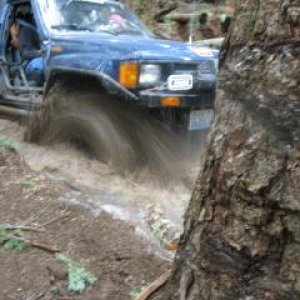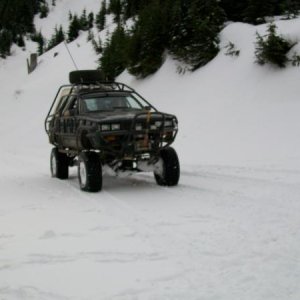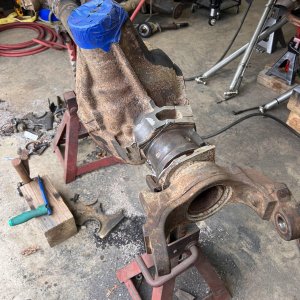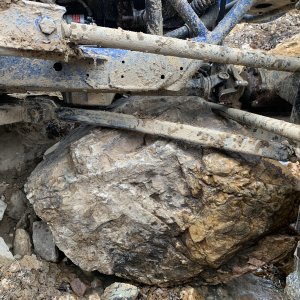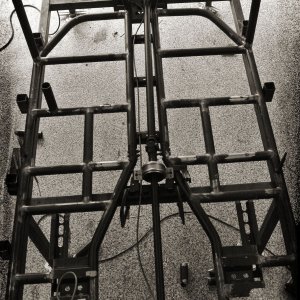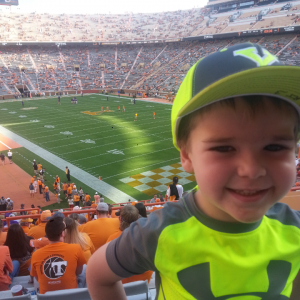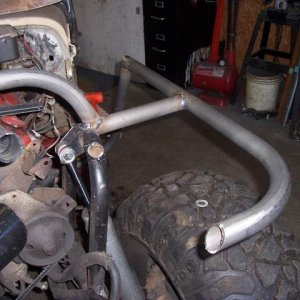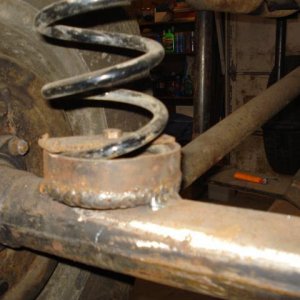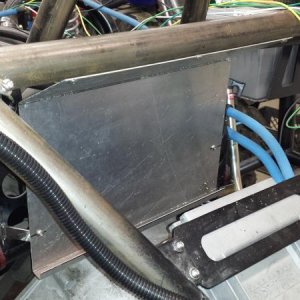WHITE TRASH1
fruit stripe
At 600:1 none of that matters. It would be moving so slow that it would stop instantly when power was reduced.
Red.....And I thought we were getting somewhere.:booo: Torque at the motor matters not past break free torque (at the wheels)-once it's moving. The big diesel gains wheel speed because it has HP at very low RPM. This is what lets it not have to be geared super low.
You can't have it both ways, even in your fantasy situation you admit defeat because the gasser can't shift.
If torque doesn't matter why bother building an engine that makes it at all? We should all be cruising around with hopped up Wankel's hooked to CVT transmissions. You are trolling and talking in circles.

